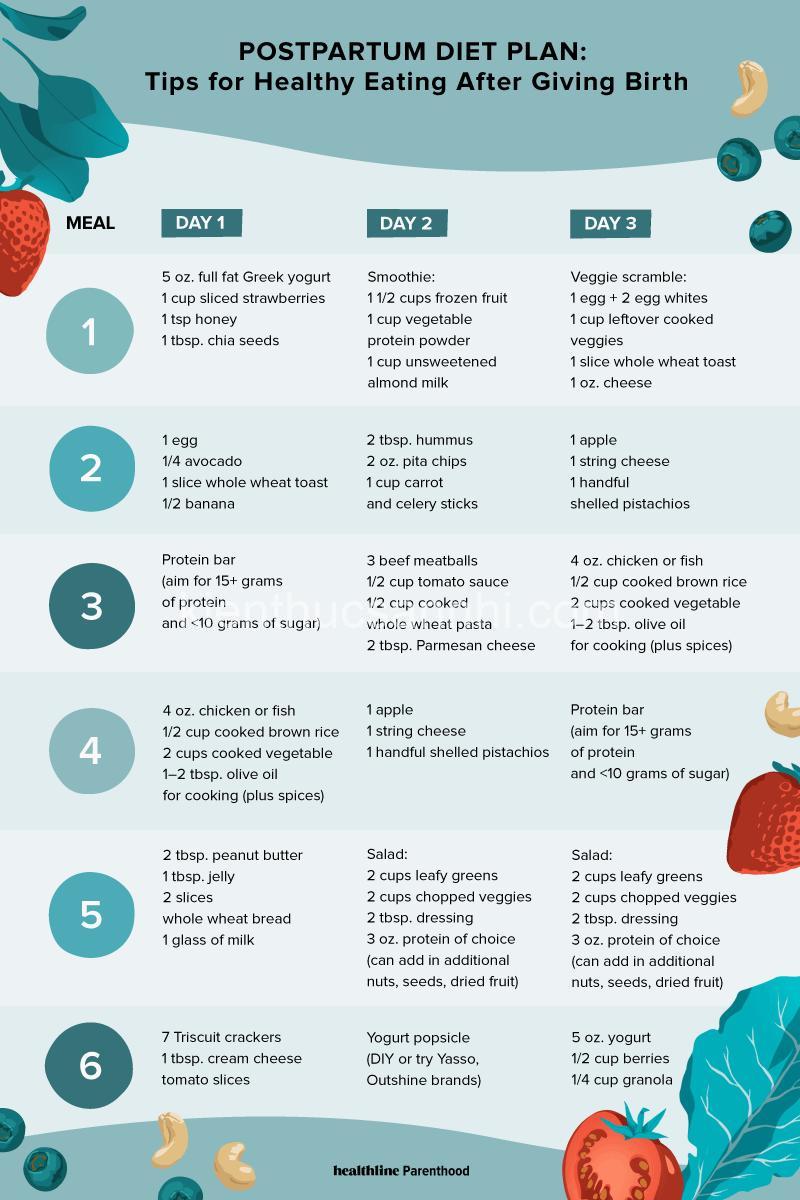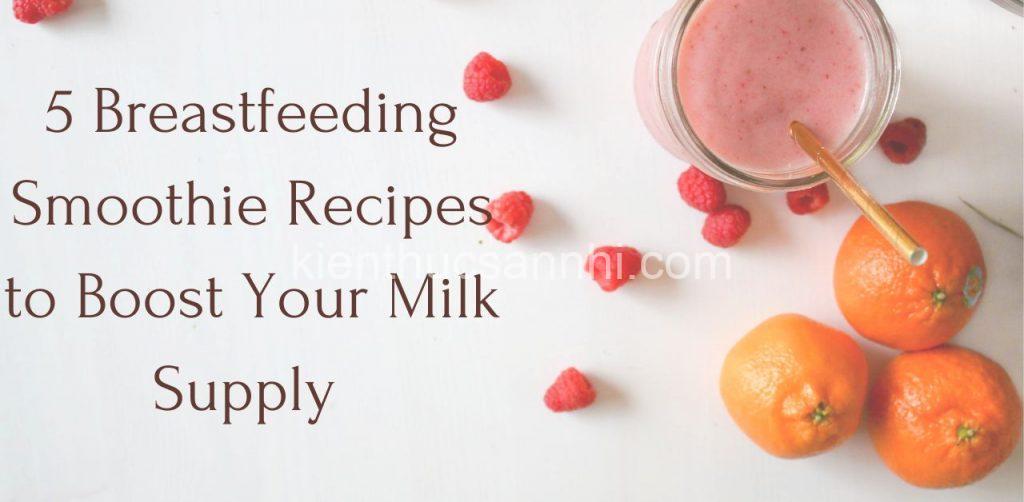
Postpartum Weight Management: Understanding Your Body & Nutrition. In today’s article, kienthucsannhi.com will explore with you in the most detailed and complete way. See now!
Understanding Postpartum Weight Changes and Your Body’s Needs
The postpartum period is a time of significant hormonal shifts and adjustments for your body. These changes can impact your weight, metabolism, and overall health. It’s crucial to understand these changes to make informed decisions about weight management.
Hormonal Fluctuations and Weight:
After giving birth, your body experiences a rapid decrease in estrogen and progesterone levels, the hormones that were elevated during pregnancy. This hormonal shift can contribute to weight loss initially, but as your body recovers and adjusts, weight fluctuations are common.
Breastfeeding and Metabolism:
Breastfeeding can have a significant impact on metabolism. The process of producing breast milk requires a lot of energy, which can lead to increased calorie expenditure and potential weight loss. However, it’s essential to maintain adequate nutrition while breastfeeding to provide your body with the energy it needs.
Common Postpartum Weight Gain:
While some women experience weight loss in the early postpartum period, others gain weight. This gain can be attributed to a combination of factors, including hormonal changes, increased food intake to meet the demands of breastfeeding, and reduced physical activity levels due to caring for a newborn.
Focusing on Long-Term Health and Well-being:
Remember, maintaining a healthy weight after giving birth is about more than just the number on the scale. It’s about prioritizing your overall health and well-being. This includes nourishing your body with nutritious foods, engaging in moderate exercise, and managing stress levels.

Nourishing Your Body: Postpartum Nutrition for Healthy Weight Management
Nutrition plays a crucial role in postpartum recovery and weight management. It’s essential to fuel your body with the nutrients it needs to heal, produce breast milk if you are breastfeeding, and maintain energy levels.
Focus on Balanced and Nutrient-Rich Meals:
A balanced diet should include a variety of foods from all food groups:
- Fruits and Vegetables: Aim for at least five servings per day. They are packed with essential vitamins, minerals, and antioxidants.
- Whole Grains: Opt for whole grains like brown rice, quinoa, and whole-wheat bread for fiber and complex carbohydrates.
- Lean Protein: Include lean sources of protein like chicken, fish, beans, lentils, and tofu to support muscle recovery and energy.
- Healthy Fats: Incorporate healthy fats from sources like avocados, nuts, seeds, and olive oil for heart health and hormone balance.
Managing Cravings and Avoiding Processed Foods:
Postpartum cravings are common, but it’s essential to manage them with healthy choices. Limit processed foods, sugary drinks, and refined carbohydrates that can contribute to weight gain and hinder your body’s recovery.
Breastfeeding Nutritional Needs and Supplements:
If you are breastfeeding, you need to consume extra calories and nutrients to support milk production. Talk to your healthcare provider about recommended dietary guidelines and potential supplements.
Staying Hydrated:
Adequate water intake is crucial for overall health and weight management. Aim for eight glasses of water per day, especially if you are breastfeeding.
Moving Forward: Safe and Effective Postpartum Exercise
Exercise is an essential part of postpartum recovery and weight management. It can help improve your mood, boost energy levels, and promote muscle recovery.
Gradual and Safe Exercise:
It’s important to approach exercise gradually and safely after giving birth. Start with gentle activities like walking or swimming. Consult your healthcare provider before starting any new exercise program, especially if you have any pre-existing health conditions.
Finding Activities You Enjoy:
Choose activities that you enjoy and that fit your fitness level. It’s more likely you’ll stick with an exercise program if it’s something you genuinely enjoy.
Addressing Post-Pregnancy Recovery Considerations:
Post-pregnancy recovery takes time, and it’s crucial to listen to your body. Avoid exercises that put excessive stress on your abdominal muscles, especially in the early postpartum period.
Prioritizing Sleep for Postpartum Weight Management and Overall Well-being
Adequate sleep is essential for overall health and well-being, especially during the postpartum period. It helps regulate hormones, supports metabolism, and enhances cognitive function.
The Importance of Quality Sleep:
Aim for 7-8 hours of quality sleep each night. Sleep deprivation can lead to hormonal imbalances, increased appetite, and weight gain.
Establishing a Sleep Routine and Maximizing Sleep Quality:
Establish a consistent sleep routine, create a relaxing bedtime ritual, and make sure your sleep environment is dark, quiet, and cool.
Seeking Support When Needed:
If you are struggling with sleep deprivation, don’t hesitate to seek help from your healthcare provider or a sleep specialist.
Managing Stress and Emotional Well-being for Postpartum Weight Management
The postpartum period can be emotionally challenging, and stress levels can significantly impact weight management.
The Emotional Roller Coaster of Motherhood:
Be kind to yourself and acknowledge the emotional changes you are going through. It’s normal to experience a range of emotions, including joy, anxiety, and sadness.
Self-Care Practices for Emotional Well-being:
Prioritize self-care practices like meditation, yoga, deep breathing exercises, and spending time in nature to manage stress and promote emotional well-being.
The Role of Stress in Weight Gain:
Stress can lead to hormonal imbalances, increased cortisol levels, and cravings for unhealthy foods, which can contribute to weight gain.
Postpartum Mental Health Support:
If you experience symptoms of postpartum depression or anxiety, seek professional help immediately. Don’t hesitate to reach out to your healthcare provider or a mental health professional for support.
Setting Realistic Expectations and Achieving Sustainable Weight Management
Weight management is a journey, not a destination. It’s important to set realistic expectations and focus on sustainable lifestyle changes rather than quick fixes.
Setting Achievable and Personalized Goals:
Set small, achievable goals that fit your individual needs and lifestyle. Avoid comparing yourself to others and focus on celebrating your progress, no matter how small.
Embracing Patience and Self-Compassion:
Be patient with yourself and give yourself grace as you navigate this new chapter in your life.
Promoting Body Positivity:
Focus on feeling good about yourself and your body. It’s crucial to have a positive body image to promote overall health and well-being.
Seeking Professional Guidance and Support
Don’t hesitate to seek professional guidance and support from healthcare professionals and experts.
Consulting with a Healthcare Professional or Registered Dietitian:
Your healthcare provider can address any underlying health concerns and recommend a personalized weight management plan. A registered dietitian can provide nutrition counseling and support.
Benefits of Support Groups and Postpartum Fitness Programs:
Support groups can provide a space to connect with other postpartum mothers, share experiences, and gain valuable insights. Postpartum fitness programs can offer safe and effective exercise options tailored to your needs.
Final Thoughts: Prioritizing Your Health and Well-being
Remember, maintaining a healthy weight after giving birth is a long-term process that involves nurturing your body, mind, and spirit.
Prioritizing Your Health and Well-being:
Focus on creating healthy habits that you can sustain over time. Don’t be afraid to ask for help and support from family, friends, healthcare professionals, and other postpartum mothers.
Connect with Us:
If you have any questions or would like to share your experiences, feel free to leave a comment below.
Read More about Animals:
Want to learn more about animals? Head over to our website, kienthucsannhi.com, for informative articles and resources about pets, animal care, and more.
FAQs about How Can I Maintain a Healthy Weight After Giving Birth?
What are the hormonal changes that happen after birth, and how do they affect weight?
After giving birth, your body experiences a rapid decrease in estrogen and progesterone levels, the hormones that were elevated during pregnancy. These changes can lead to weight fluctuations, as your body adjusts to these new hormone levels.
What are some practical tips for managing cravings after birth?
- Stay Hydrated: Often, cravings are due to dehydration.
- Eat Regularly: Don’t skip meals or go too long without eating, as this can lead to overeating later.
- Focus on Whole Foods: Choose nutrient-dense foods that provide satiety and curb cravings.
- Plan Ahead: Pack healthy snacks to take with you to avoid unhealthy choices when cravings hit.
- Limit Processed Foods: Processed foods often contain high amounts of sugar, salt, and unhealthy fats that can trigger cravings.
- Incorporate Fruits and Vegetables: Fruits and vegetables are naturally sweet and can satisfy cravings without adding unnecessary calories.
How does breastfeeding affect weight management?
Breastfeeding can increase calorie expenditure due to the energy required to produce milk. This can lead to weight loss in some women. However, it is important to maintain a healthy diet while breastfeeding to provide your body with the nutrients it needs to support milk production.
What are some beginner-friendly exercises that are safe for postpartum recovery?
- Walking: Start with short walks and gradually increase the duration and intensity.
- Swimming: The buoyancy of water provides support for your body and helps with recovery.
- Yoga: Yoga can be a great way to improve flexibility, strength, and mindfulness.
- Light Strength Training: Consult your healthcare provider before starting any strength training exercises and focus on gentle movements.
What are some strategies for managing stress during the postpartum period?
- Mindfulness Meditation: Practice mindfulness meditation to help calm your mind and reduce stress.
- Yoga and Deep Breathing: Engaging in yoga or deep breathing exercises can help relax your body and mind.
- Support Network: Lean on your support network for emotional support and help with daily tasks.
- Time for Yourself: Make time for activities that you enjoy, even if it’s just for a few minutes each day.
- Prioritize Sleep: Aim for 7-8 hours of quality sleep each night.
Conclusion
Maintaining a healthy weight after giving birth is a journey that requires patience, self-care, and informed choices. It’s about more than just the number on the scale. It’s about prioritizing your overall health and well-being. Remember, you’re not alone in this process. Connect with other postpartum mothers, seek professional guidance, and celebrate your progress. For more information on animal care and pets, visit kienthucsannhi.com. We’re here to support you on your journey to a healthier and happier you!





